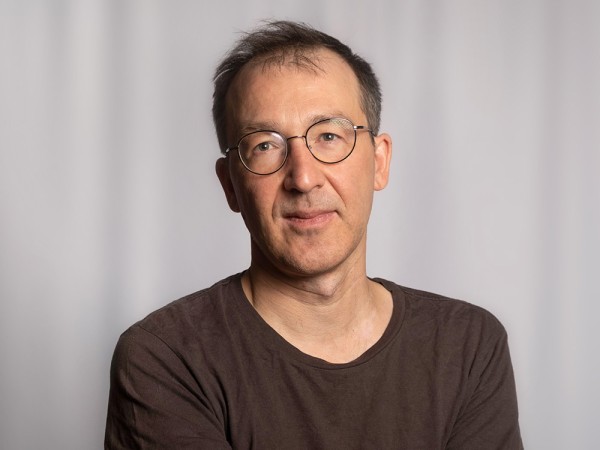Smart framework for real-time monitoring and control of subsurface processes in managed aquifer recharge (MAR) applications
Managed aquifer recharge (MAR) is a cost-effective method that can and already does make an important contribution to a resilient and adaptable water supply through the infiltration and storage of water in the geological subsurface and subsequent recovery through wells. However, the geological, technical and organisational frameworks in which MAR operates are diverse, and so are the risks associated with the planning, implementation and operation of MAR facilities.
The main objective of the project is to reduce the risks of MAR with web-based monitoring and control systems. The test sites of the project are located in Germany, France, Cyprus and Brazil and are operated under very different hydrogeological, climatic and socio-economic conditions. At the respective sites, the aim is, among other things, to increase water availability in urban areas, reduce risks of salinisation from seawater intrusion in coastal aquifers and increase adaptability to extreme climate events.
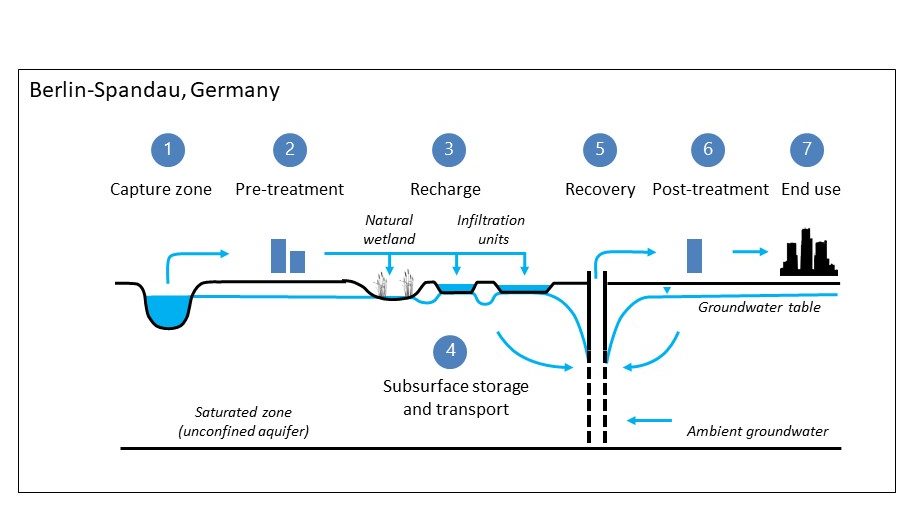
The Spandau waterworks serves as a case study in Berlin. Here, in order to increase the local groundwater supply and support groundwater-dependent ecosystems, pre-treated water from the Havel River is recharged to the groundwater via infiltration basins. In the project, a newly installed monitoring system consisting of online sensor data and an evaluation in a web-based software tool could be implemented. By combining online data with processing tools, it was possible to calculate hydraulic retention times during groundwater recharge.
In the project, the Kompetenzzentrum Wasser Berlin used an already existing quantitative microbiological risk assessment (QMRA) for groundwater recharge and integrated it into the INOWAS platform. The QMRA is now available in a browser environment.
Furthermore, for the first time in Berlin, bacteriological measurements could be carried out directly in the groundwater using automatic flow cytometry. In addition to other measurements such as meta-genomic DNA sequencing and classical microbial cultivation-based analysis, cytometry provided quantitative evidence of microbial dynamics along the flow path from the seepage basin to the extraction well.
A cost-neutral extension of 12 months extends the project duration until 31.01.2022.
Copyright scheme: Sprenger, C., Panagiotou, K., Fernandes, L., Duzan, A., Baptista, V. and Glass, J. (2020) Matrix of risks and remediation measures – Risks and remediation measures at different stages of MAR site development. Deliverable 2.1.
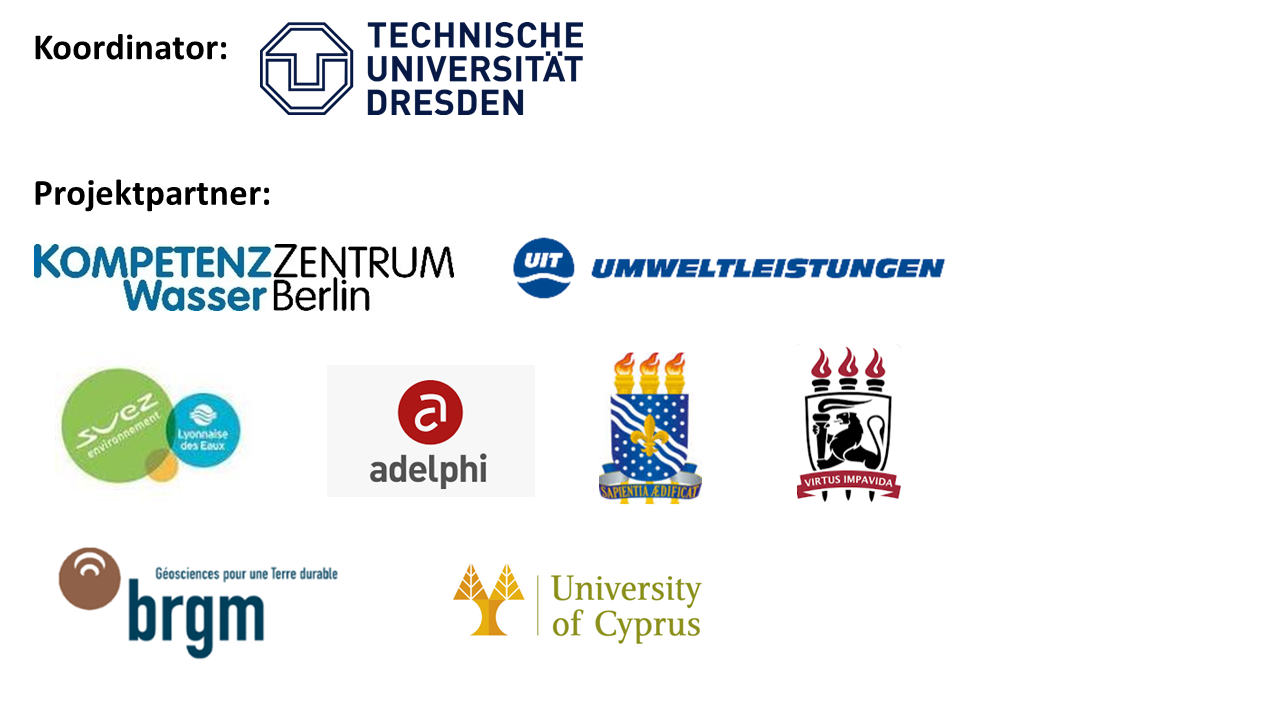
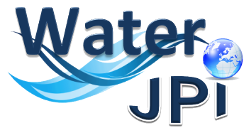
- D4.1 Web-based real-time monitoring and control capabilities. Development and implementation of a web-based tool for the calculation of groundwater hydraulic residence time
- D5.2 Real-time observation platform at MAR scheme in Berlin-Spandau, Germany Online estimation of groundwater hydraulic residence time and advanced microbial monitoring using flow-through cytometry
- D2.1 Matrix of risks and remediation measures - Risks and remediation measures at different stages of MAR site development. Deliverable 2.1
- Advancement of the INOWAS groundwater modelling platform: web-based tools for real-time monitoring and assessment of risks at managed aquifer recharge sites
- Deliverable 4.3 Web-based risk assessment tools Development and implementation of a web-based tool for QMRA
